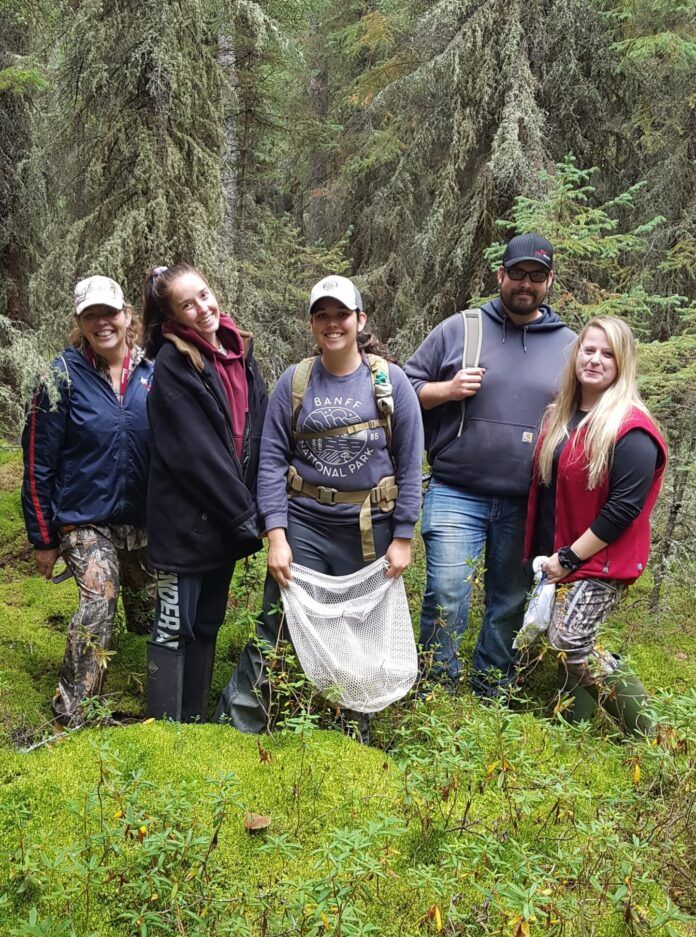The Lakeland Métis Community based in Lac La Biche is one of the groups not happy with the recently ratified Otipemisiwak Métis Government Constitution.
“About 61 per cent of the Métis citizens in this province are being ignored through that constitution and that agreement they are forming with the federal government. Despite our best efforts to educate the crown on this matter – we have been largely ignored. And it’s not just us. It’s Métis settlements as well that are being ignored. And they are only recognizing the MNA at this point in time,” says president of the Lakeland Métis Melina Power.
Lakeland Métis was founded in 2010. It was part of the Métis Nation of Alberta Region 1, until 2018.
The Métis Nation of Alberta has some 50,000 members of which some 15,000 voted to adopt the governance document which calls for negotiating a modern day treaty with the crown as well as sections on education, culture, language, health and setting up governing infrastructure, like district councils and citizen representatives.
The Lakeland Métis point out that the 2021 national census reveals about 127,000 people in Alberta identify as having Métis heritage and as such the MNA does not speak for the majority. An Alberta Court of King’s Bench ruling this year indicated that the MNA failed to prove that it was the sole representative of off-settlement Métis in the province.
In 2020, the split from the MNA deepened with the formation of the Alberta Métis Federation comprising Lakeland Métis, Fort McKay Métis Nation, Willow Lake, Athabasca Landing, Owl River, Chard Métis and Edmonton Métis.
President of the Lakeland Métis Community Melina Power says it’s been a struggle since she was elected in 2011. They lack funding, but continue to persevere on their own steam to provide activities for their community.
“Unfortunately that still seems to be the status quo. We don’t have core-capacity. So we have to generate a lot of our own funding through different programs and grants that we can apply for, in order to attend to services for our citizens as best we could.”
Some of the services they want to provide are education, cultural and other related training, and housing programs.
Power says they separated themselves from the MNA to get away from a centralized to a more grassroots model of providing services.
“We weren’t really able to structure our organization in a way that we could really get to the grassroots issues and things affecting our people. It’s hard to advocate for your citizens’ rights and cultural rights when you are competing against a centralized service and the different regions. So it was just a really big disconnect. We had found ourselves less and less aligned with the political views of the MNA.”
Power says they felt that the voices of the grass roots people and their issues would not be mitigated in the way that was satisfactory.
MNA Local takes legal action
Grande Cache, which is still part of the MNA, has filed a statement of claim against the MNA, its president and 11 other officials. The statement queries the disbursement of federal funds, claims they were shut out from the consultations on the constitution and is seeking a judgement of $500,000.
Power says they have had a meeting with federal representatives, but are still awaiting follow up. In the meantime, their concerns about the implementation of the constitution are outstanding.
“If the federal government recognizes this constitution and actually implements the MNA as the only voice of the Métis in Alberta, we will have to follow the steps that Grande Cache is already beginning to take.”
MyLloydminsterNow is awaiting a response from Indigenous Relations and Northern Affairs Canada.




